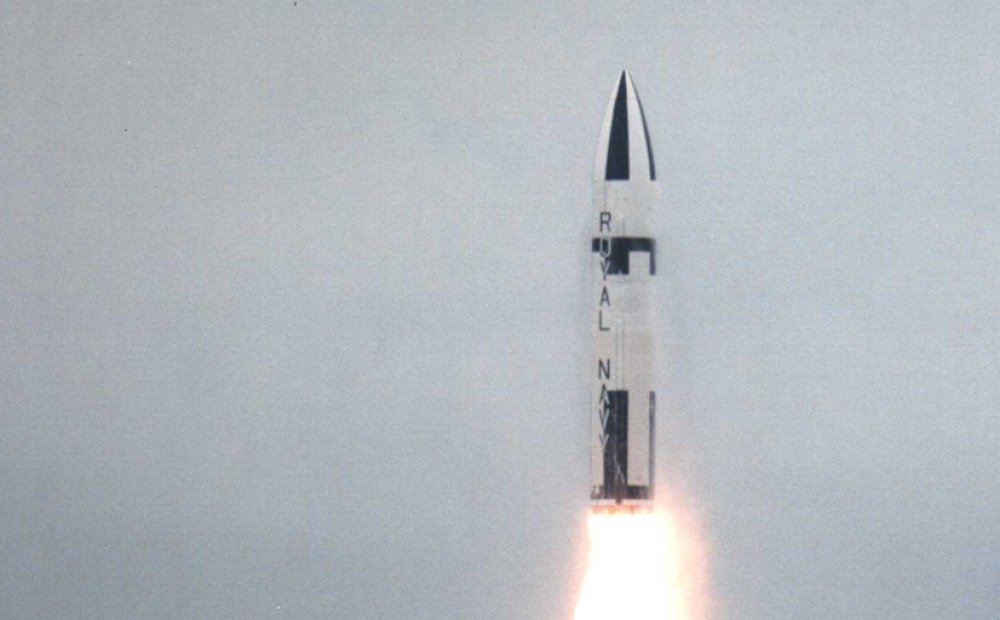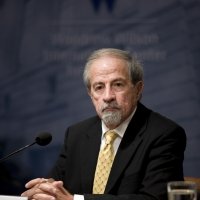The UK Strategic Nuclear Deterrent and the Chevaline Program: An Overview

The UK Strategic Nuclear Deterrent and the Chevaline Programme: An Overview
Chevaline was the codename given to a highly-secret program begun in 1970 to improve the penetration performance of the UK's force of Polaris submarine-launched ballistic missiles in order to give them the capability to overcome Soviet ABM defenses deployed around Moscow. After much delay and cost escalation the new system was finally introduced in 1982, but it had already attracted major criticism for the expenditure involved, claims of project mismanagement, the rationale that underpinned its development, and its concealment from proper parliamentary scrutiny.
This event will explore the background to the program, why it ran into so many problems, and how it became one of the most controversial episodes in post-war British defense policy.
Matthew Jones is a Professor of International History at the London School of Economics and Political Science. His published work reflects interests in many aspects of twentieth-century international history, as well as the Cold War more generally. He also has a long-standing and specific interest in the end of empire in South East Asia. His most recent book was After Hiroshima: The United States, Race, and Nuclear Weapons in Asia, 1945-1965, published in 2010 by Cambridge University Press, which looked at the development of US nuclear strategy in Asia in the period marked by the Korean War, confrontation with China, and the early phases of US engagement in Vietnam, placing a special emphasis on the influence of the widespread perception that the atomic bomb was a 'white man's weapon' and the diplomatic and military dilemmas this helped create. In 2008 he was appointed by the Prime Minister as the UK Official Historian of the Chevaline (Polaris improvement) programme, an assignment which has led to in-depth study of British strategic nuclear policy during the Cold War and which will eventually result in the publication of a two-volume study.
For questions regarding this event, please contact Evan Pikulski at Evan.Pikulski@wilsoncenter.org
Speakers

Program Manager, National Security Office, Los Alamos National Laboratory
Hosted By

Nuclear Proliferation International History Project
The Nuclear Proliferation International History Project is a global network of individuals and institutions engaged in the study of international nuclear history through archival documents, oral history interviews, and other empirical sources. Read more


Cold War International History Project
The Cold War International History Project supports the full and prompt release of historical materials by governments on all sides of the Cold War. Read more
